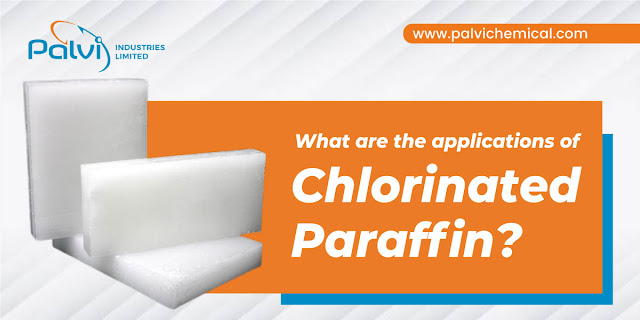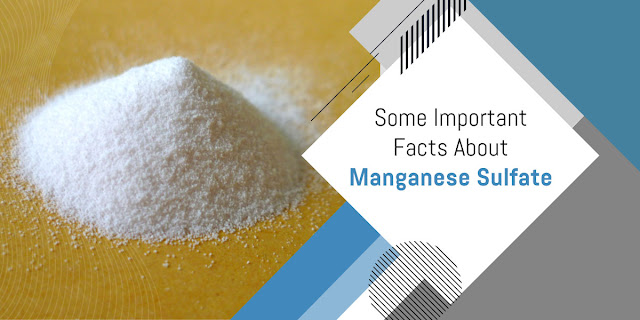What are the applications of Chlorinated Paraffin?
Chlorination of n-paraffin or paraffin wax, usually in a batch process, produces chlorinated paraffins. The reaction is exothermic, resulting in the production of hydrochloric acid as a byproduct. To make final batches, remaining residues of acid are removed and a stabiliser is added. Chlorinated paraffins are essentially inert and almost insoluble in water, with a chlorine content of 30-70 percent. The vapour pressure of paraffins is quite low.
Palvi Chemicals is one of the excellent and most trustworthy Chlorinated Paraffin suppliers in Ghana.
The majority of commercial chlorinated paraffin products are liquids with viscosities ranging from low to highly high. Solid varieties, which have longer carbon chains and often contain 70-72 percent chlorine, are also available. When the amount of chlorine in a product is increased, the viscosity and density of the product increases. Many organic solvents, including aliphatic and aromatic hydrocarbons, chlorinated solvents, ketones, and esters, can be mixed with chlorinated paraffins.
If you are looking for the most prominent and distinct Chlorinated Paraffin exporter in Ghana, Palvi Chemicals is the reliable name that you can count on.
The term "chlorinated paraffin" usually
refers to a wide range of liquids and solids having 30-72 percent chlorine and
ranging in temperature from C10 to >C24. It's a thick colourless to amber or
golden liquid. Because the properties (including ecotoxicology) vary greatly
across this range, they are best thought of as three distinct groups:
a) C10-13 liquid products with a
C12 concentration of 40-72 percent.
b) C14-17, C18-20, and
chlorinated paraffin wax liquids with a C12 concentration of 40-60%.
c) The powder chlorinated paraffin waxes of >69 percent C12 content CPs has very low pressure of vapour along with the most volatile < 10-3 mbar.
They are chemically very stable, but when heated to high temperatures, they dehydrochlorinate. Chlorinated paraffins are most commonly used as a plasticizer in flexible PVC, usually in combination with main plasticizers such as certain phthalates. The use of chlorinated paraffins in PVC has a number of technological advantages, the most important of which is improved flame retardant qualities. This is especially useful in the case of PVC flooring and cables.
Palvi Chemicals is the most recognised and noted Chlorinated
Paraffin distributor in Ghana.
Applications:
● Conveyor belts, V belts,
natural and synthetic rubber all use it as a flame retardant.
● It is primarily utilised as a
plasticizer in the manufacture of PVC compounds and granules for use in wires
and cables, PVC windows and door profiles, PVC flooring, films and sheets, and
PVC footwear, among other applications.
● Sealants and adhesives based
on polyurethane and polysulfide.
● In metalworking fluids and
cutting compounds as an extreme pressure additive.
● In the paint industry, as a
flame retardant in the formulation of swimming pool paints and other
fire-resistant paints.



Comments
Post a Comment